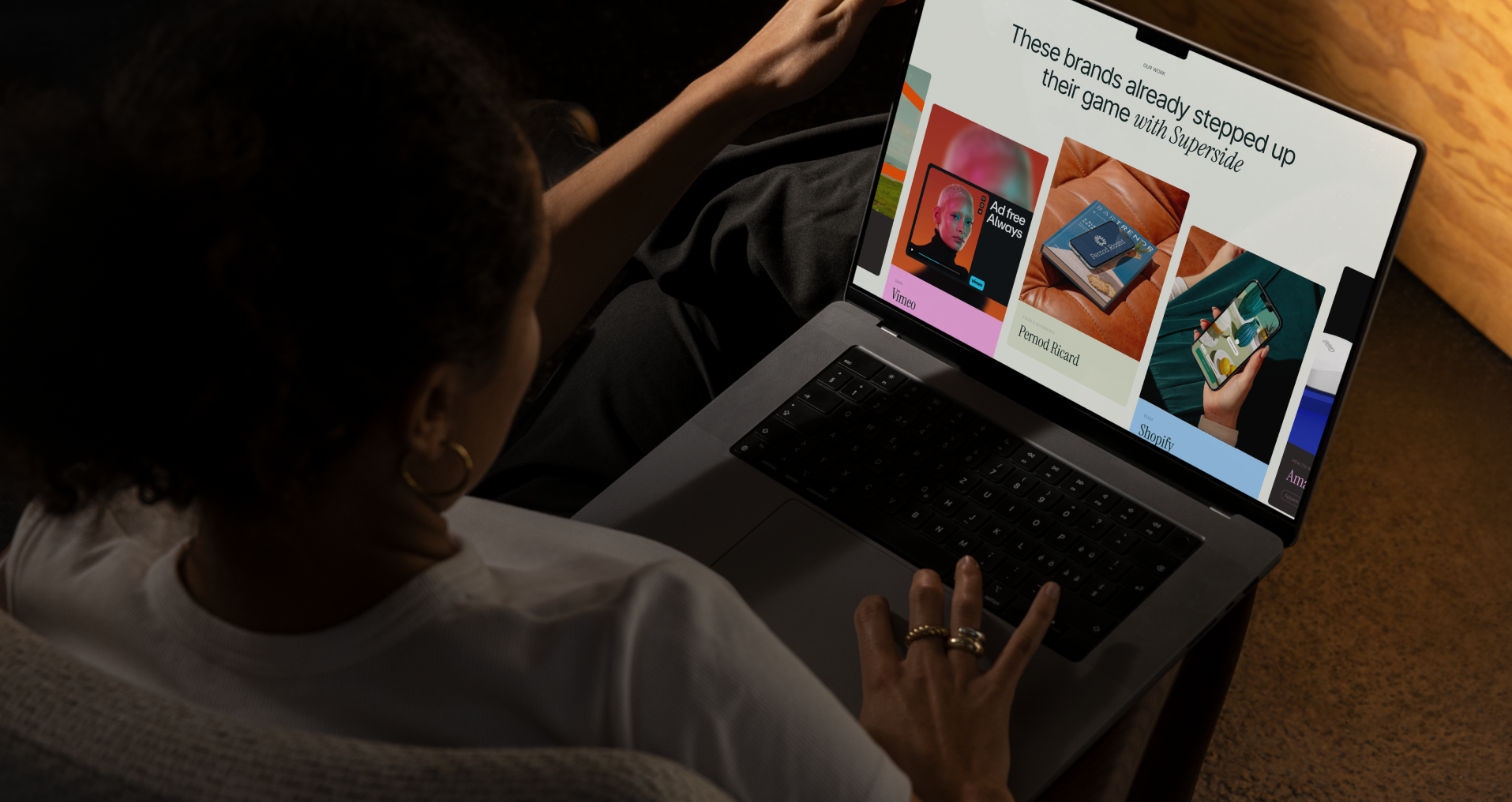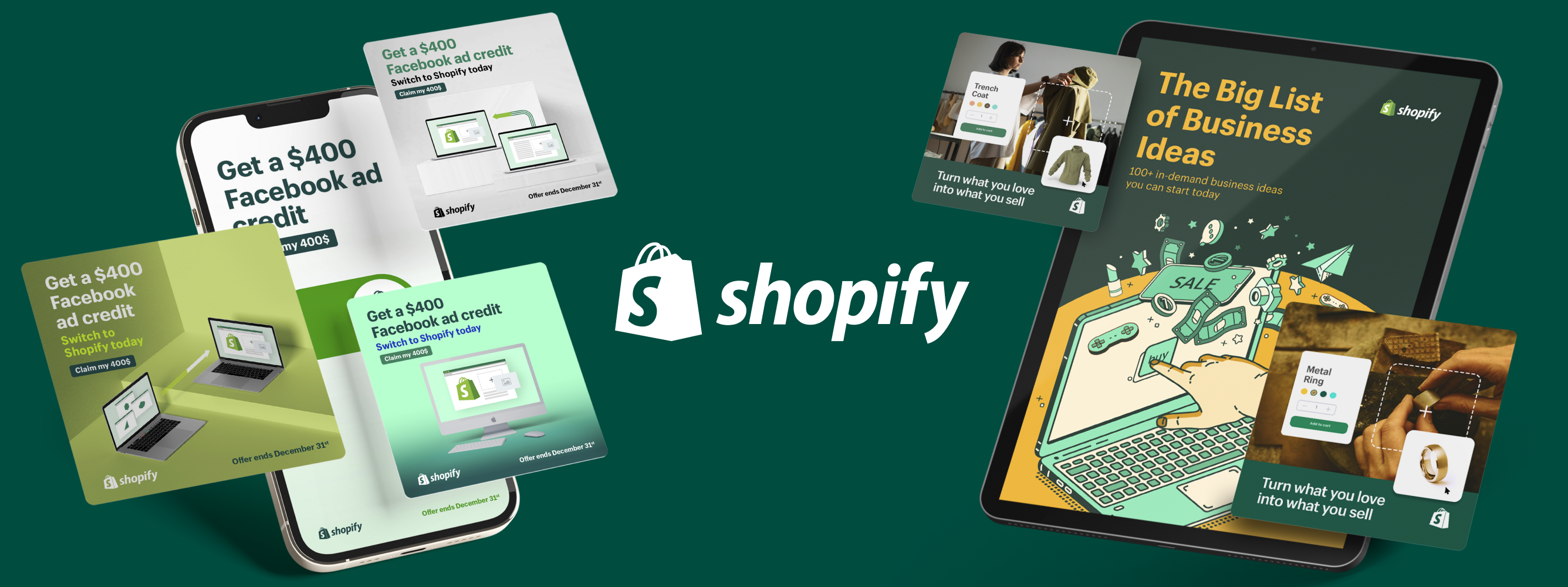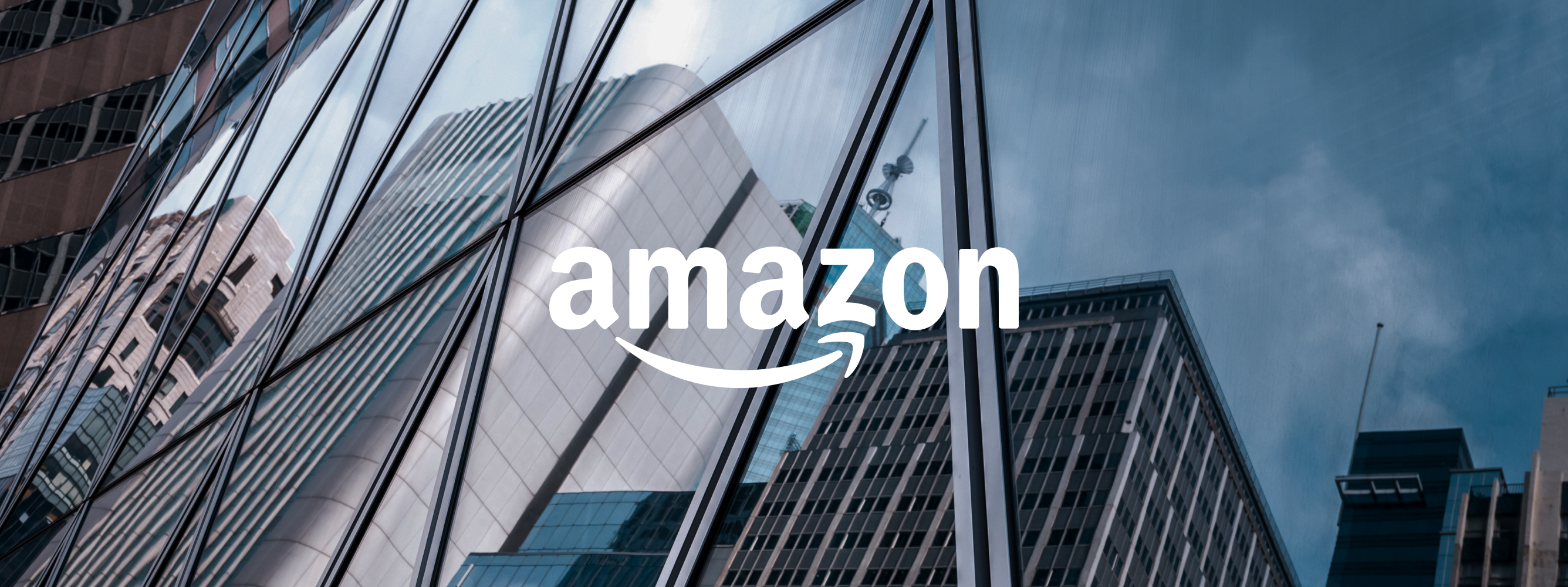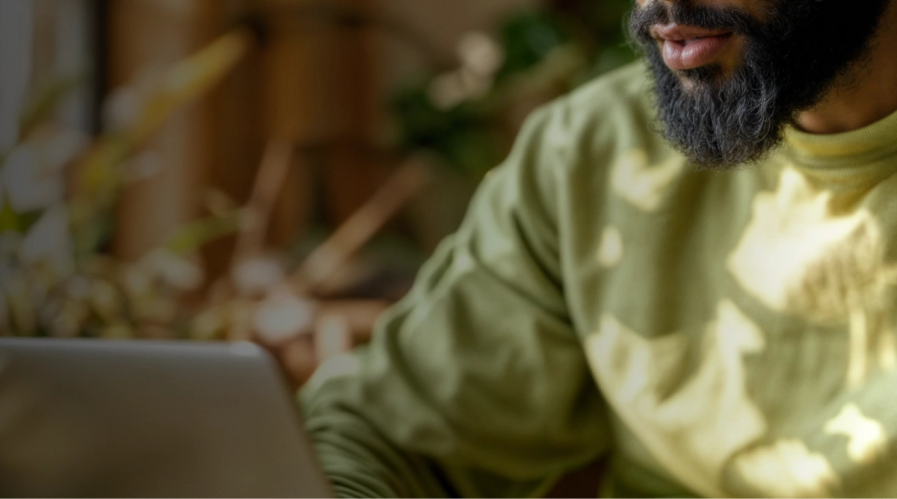
5 Modern Rebranding Examples With Serious Wow Factor
Published 2 Oct, 2023
The prospect of rebranding can strike fear into even the most seasoned creative leader’s heart. But the return on investment is well worth the hard work. Learn from five successful, modern rebrands and get inspired to climb your own visual identity mountain.
Know how to make a Creative Director shudder with a single word?
“Rebranding.”
Rebranding can be a herculean task. For smaller businesses, it can seem like there are never enough resources to get everything done. But at larger organizations, there are so many moving parts and stakeholders that wrapping your head around the process can be dizzying.
No matter what, rebranding can be scary. Your brand is the core of your organization’s identity—what customers know, and what you’ve built all your success on so far. The pressure is high to deliver an incredible identity that will elevate every part of your business.
Let’s look at five organizations that were up to the challenge. These orgs fearlessly reinvented themselves with fresh, powerful brands. Here are the organizations we’ll cover:
5 Successful Rebranding Examples (and What to Learn From Them)
Oyster's rebrand
A rebrand or refresh, when it happens, it's something special.

As an HR software provider, Oyster faced an interesting challenge; building a brand that stands out from the competition in what’s usually a stuffy, rigid industry. Thankfully, inspiration was in high supply. Oyster’s CEO came up with an idea that would shape the direction of their rebrand: The workstyle.
For Oyster, this concept combined the value-driven warmth of a lifestyle brand with the practicality of a working brand.
Oyster’s homepage before the rebrand.
No matter what Rands and his team came up with, the new brand had to fit with the company's core values. That meant it had to be:
- Interesting
- Weird
- Vibrant
- Playful
- Consistent
To create something that really stood out was a long, in-depth process involving not just designers but people from every part of the organization.
A look at Oyster’s brand audit.
That process involved auditing just about every visual asset the company had put out, creating mood boards full of visual inspiration, and running a massive brainstorming session.
And the results speak for themselves.
Oyster's homepage after the rebrand.
Between the more modern logo, the new visual vibe and the updated photography, everything about Oyster’s new homepage screams vibrant, playful and weird.
What’s the wow factor?
The team at Oyster hit gold with their original idea: The workstyle.
It’s the kind of concept that makes so much sense, you wish you’d thought of it first. But an idea, no matter how good, can only take you so far. You need a killer team to make it a reality.
When it comes to this rebrand, you can see that combination of concept and team in the new photos used throughout Oyster’s website. The team planned a photoshoot that Rands describes as “People being multifaceted and really showing the imperfections of our lives.” The result? Images that are warm, relatable and ideal for the new Oyster brand.
A snapshot of Oyster’s rebranding photoshoot.
Antler's rebrand
Venture capital firm Antler recently undertook an entire rebranding effort in four months. Their previous, more generic brand made it tough to break through the noise on digital channels and social media. After their rebrand, that’s no longer a problem.
Antler’s new brand in the wild.
In a competitive sector like VC, it can be challenging to find balance between tasks like branding, and actively connecting and networking with founders. Branding isn’t necessarily going to be the deciding factor when it’s time for founders to sign—but it can eliminate a fund from the running if it isn’t on point.
Now, Antler has a brand its target demo just can’t ignore. Its messaging goes a long way towards communicating that the fund is modern, inspired and ready to change the world.
Antler’s new brand on stationery.
What’s the wow factor?
Before the rebrand, Antler didn’t have a unified way to communicate that worked across all digital channels or lent itself to animation. Post-rebrand, Antler’s designers can quickly spin up any visuals they need, from social media templates to internal assets and new webpages.
All because the new brand is easy to work with and easily identifiable across all formats.
Doodle Labs' rebrand
In tech, the product comes first. Founders often create startups to fix a problem they’ve encountered—either because they think they’re best suited to fix it, or they’re frustrated no one else has.
Having a strong brand comes later. Sometimes, much later. That’s why so many tech company brands end up looking awfully similar. In the words of Amol Parikh, Vice President of Marketing at Doodle Labs, “Help! I’m drowning in a sea of navy blue!”
The Doodle Labs logo before and after the rebrand.
For this rebrand, Doodle Labs wanted a visual identity that accurately reflected the high-end components they’re creating: Long-range, high-bandwidth mesh radios that power cutting-edge tech across all kinds of industries. With vibrant colors and a dynamic typeface, Doodle Labs’ rebrand is sure to stand out at conferences.
That’s the ideal outcome for any rebrand. For a brand to go from nondescript—or even harmful—to being a true asset.
A brand isn’t all about visuals; it’s also about building real, human-centric relationships. Authenticity goes a long way in forging personal bonds with your customers.

A variety of design elements in the Doodle Labs rebrand.
What’s the wow factor?
During trade shows, Amol Parikh, Vice President of Marketing at Doodle Labs, noticed that all brands, including Doodle Labs, blended into a sea of navy blue. Recognizing the need to disrupt the industry and stand out as a challenger brand, the decision was made to adopt a non-traditional color palette.

The Doodle Labs rebrand shows just how much heavy lifting the proper use of color can do. When the competition is stuck in safe tones and standard colors, showing up with a brand identity that uses bold colors, gradients and other impressive visual elements means your brand is going to be ahead of the pack by default.
Packt's rebrand
Packt is in a unique niche; they create educational content for knowledge workers. They partner with experts in AI, programming, cybersecurity, cloud computing and more to publish books that help anyone become a master in their field.
But while Packt was succeeding as a company, it struggled to establish a brand that cemented its place in the market.
A chaotic brand can have far-reaching consequences. Within the organization, it can hinder scalability, risking long-term brand sustainability and equity. Clients may lose trust due to inconsistencies, leading to doubts about the product’s legitimacy.

Packt’s homepage before their rebrand.
Enter this rebranding effort, with a little help from Superside.
Packt’s homepage after their rebrand.
For Packt, the key was building a consistent, powerful identity—a brand that would be instantly recognizable no matter how or where it was represented. Between the new logo, the typeface and the use of color, Packt was able to unify and standardize its visual identity into a standout brand.
Packt’s brand on some of their merch.
What’s the wow factor?
The color palette might be the most powerful part of Packt’s new brand. Orange on black is a bold choice and the combination is now instantly associated with Packt, especially when so many others in their industry go for more tame palettes. But the most important thing that came out of this rebrand? Consistency.
Comprehensive and up-to-date guidelines that cover all aspects of branding are crucial. This should include a clear visual identity, data-driven decision-making and creative frameworks. Guard rails within the guidelines help prevent deviations and misinterpretations, ensuring consistent brand representation.

Brio's rebrand
In the midst of the COVID-19 pandemic, diagnostics provider Brio was faced with a difficult challenge. They had to pivot to fill a sudden overwhelming demand for COVID testing, while establishing a brand that people could trust even in challenging times. The team at Brio knew they wouldn’t be the only ones trying to fill this need, and they needed to stand out from less reputable providers.
When taking on a rebranding during a pandemic—or other tight timelines—you need to keep it adaptable, stay agile and show some empathetic flair. Break free from the shackles of tradition, embrace innovation and put on your speedy project manager hat.

Examples of Brio’s brand in various settings.
The result of Brio’s rebranding efforts? Simple, high-concept design elements that can be used broadly across landing pages, printed documents, ads and more, all while calling back to the company’s logo.
How Brio’s logo can be its own visual language.
What’s the wow factor?
There’s power in simplicity, but “simplicity” doesn’t mean easy or rushed. By working with the Superside team, Brio was able to create a brand that stays out of its own way, while being distinctive. After all, healthcare isn’t like tech or the arts; you have to find the right balance between a brand that doesn’t steal the show and one that’s unmistakably yours.
Craft your messaging with empathy and focus on how your brand can be a shining knight in challenging times. Flexibility is your ally.

Rebranding? You've Got This
Rebranding is always a big undertaking, but when done right, the return on investment is immense. For Oyster, it was about showing the human side of an often stiff industry. For Packt, it was about gathering disparate elements of their existing identity and turning them into a single standout brand.
And of course, for all the companies in this list, it was about building a unique look and style.
No matter the size of your rebrand, take heart from the folks who’ve done it before you. I can tell you from experience, it’s not only achievable, it’s essential.












